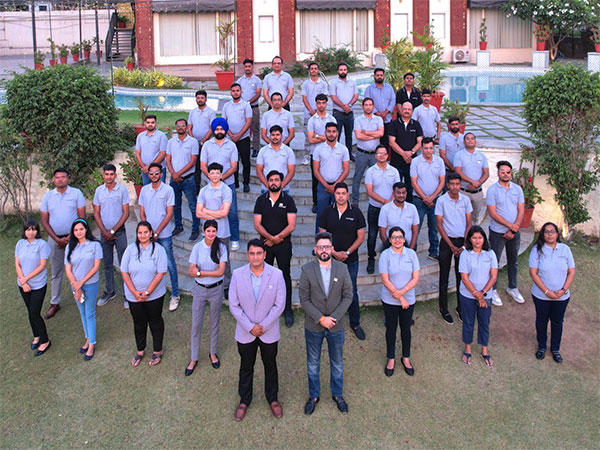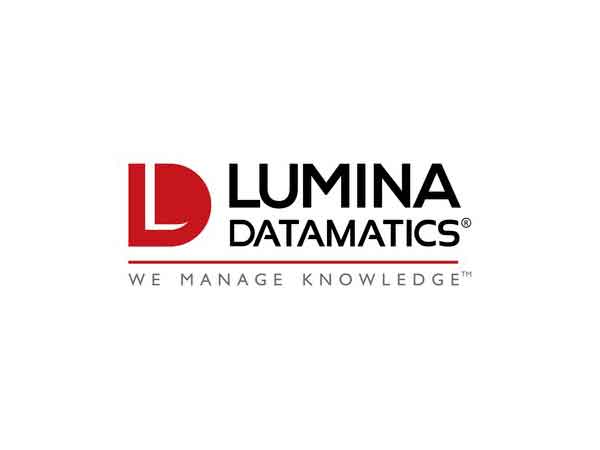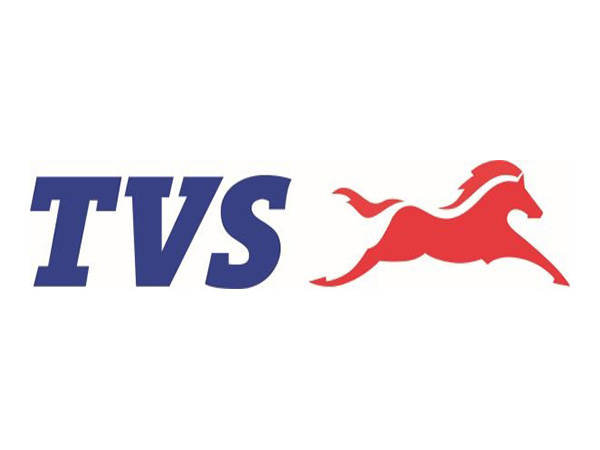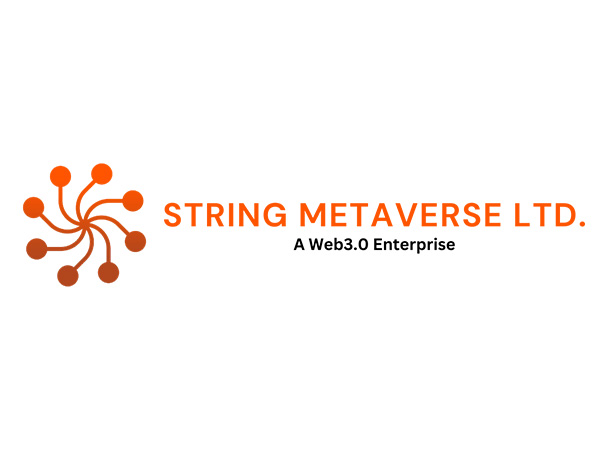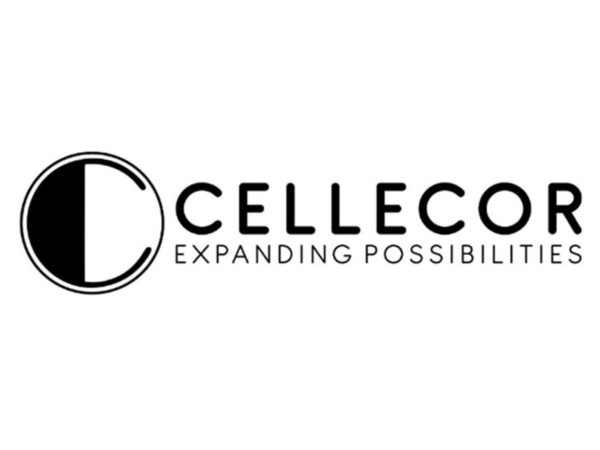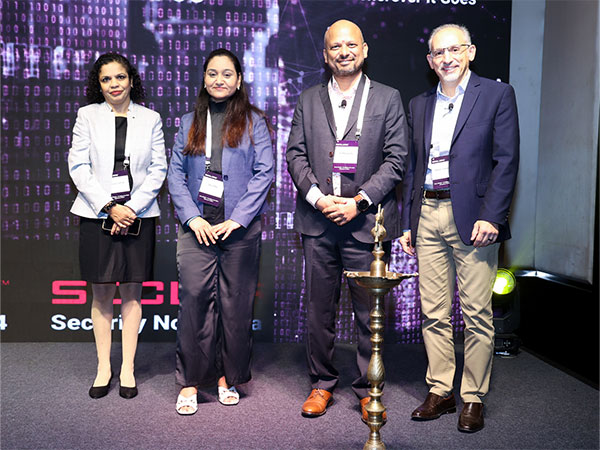
Seclore Sets a New Compliance Standard for Navigating Complex Global Regulations with Data-Centric Security
Oct 24, 2024
IMC
Mumbai (Maharashtra) [India], October 24: Seclore, the leading provider of data-centric security solutions, sets a new standard for enterprises worldwide by providing enhanced compliance controls and reporting capabilities that give companies an unparalleled ability to meet and exceed current and emerging cybersecurity and data privacy regulations. The Seclore Data-Centric Security Platform protects the data itself, so each piece of data gets its own layer of security, authentication, visibility, and control. This level of protection and visibility helps organizations keep sensitive information safe and maintains compliance across a growing number of global regulatory frameworks.
Data-centric security gives companies an edge when it comes to meeting the global compliance demands of their business on a global scale. Seclore, founded by IIT Bombay alumnus Vishal Gupta, helps organizations standardize and federate security and compliance so adhering to new compliance requirements is an incremental rather than tectonic shift. Seclore's data-centric security platform lets organizations encrypt and manage access to digital assets so their regulated data is always protected. This ensures continuous protection across environments and gives organizations real-time data telemetry that can be shared with auditors to prove compliance.
Compliance with Global Standards
Seclore's platform is designed to help organizations standardize and federate data policies that protect sensitive data for its entire lifecycle and meet the most stringent global, regional, and yet to be known regulations. Here's how Seclore's classification-driven protection, enterprise digital rights management (EDRM), and risk insights dashboards can help reduce complexity and cost in the compliance process:
* Cybersecurity: These guidelines are designed to help organizations maintain cybersecurity best practices and reduce risk. Seclore adheres to standards like ISO 27001, NIST, and SOC II (2). These guidelines focus on operational elements and security control, and include demanding encryption, access control, and reporting capabilities -- demonstrating compliance can be a major hurdle for many organizations. Seclore's risk insights dashboard and SIEM integrations give organizations unprecedented visibility into where sensitive data is, who has access to it, and what actions have been blocked or permitted.
* Data Privacy: These guidelines protect private data, such as personally identifiable information (PII), biometrics, payment card industry (PCI), or other types of information. Recently a massive uptick in the number of privacy regulations has occurred as government entities move to protect the private information of their citizens. Examples include GDPR (General Data Protection Regulation), CCPA (California Consumer Privacy Act), DPDP (Digital Personal Data Protection), PDPL (Personal Data Protection Law), SDAIA (Saudi Data & AI Authority) NIST 800-171, UAE Cabinet Resolution No. 21, and many others. Seclore's EDRM solution helps organizations encrypt and manage access to digital assets containing privacy-related data, so that data can only be accessed by approved users (even if it's been exfiltrated).
* Operational Resilience: These guidelines protect the operation of key industries, particularly when disruptions could result in serious harm to the health, safety, and economic prospects of affected citizens. These include the European Union's DORA (Digital Operational Resilience Act), which mandates risk management in financial institutions; NIS2, which enhances cybersecurity across sectors including energy and healthcare; the CHIPS Act, aimed at strengthening semiconductor supply chains in the U.S.; and Oman's CS&RF (Cybersecurity and Resilience Framework), which strengthens resilience in critical infrastructure sectors like energy and finance.
* Industry-Specific Compliance: These regulations are usually customized for highly regulated industries like financial services, government, manufacturing, and others. Requirements can be onerous, and governing bodies may even provide standardized resources that organizations can leverage to help simplify compliance. Examples include RBI (Reserve Bank of India) guidelines on outsourced financial services, which mandate certain controls for data shared with third parties; HIPAA, which establishes national standards to protect individuals' health information in the U.S.; CMMC, which is designed to protect sensitive information shared with U.S. government contractors and subcontractors; and other regulations like GLBA and ITAR.
"At Seclore, we understand the growing pressure on organizations to comply with global regulatory standards while maintaining a high level of operational efficiency," said Vishal Gupta, CEO and founder at Seclore. "Our data-centric security approach ensures that enterprises can protect sensitive data and meet stringent compliance standards without sacrificing productivity."
Learn more about how Seclore can help with global compliance on our www.seclore.com
(ADVERTORIAL DISCLAIMER: The above press release has been provided by IMC. ANI will not be responsible in any way for the content of the same)

